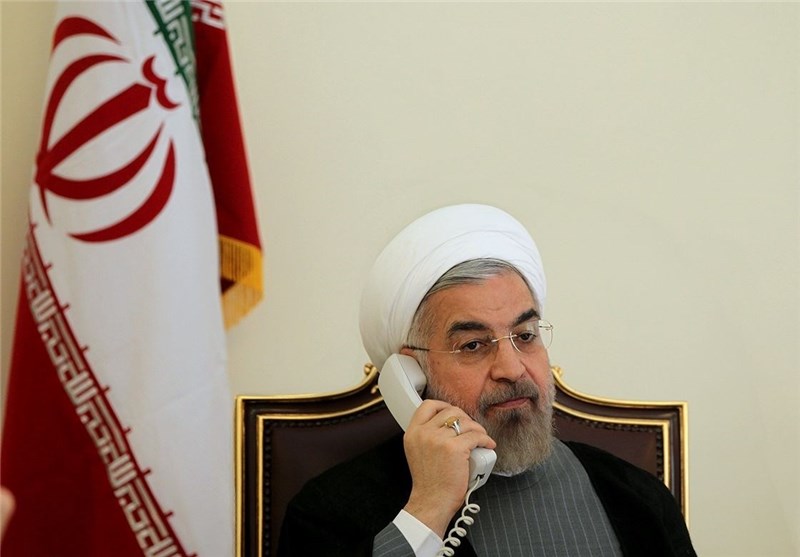Aoun, 81, secured the presidency by winning the support of 83 lawmakers, well above the absolute majority of 65 needed to win.
Lebanon had been without a head of state for 29 months after Michel Suleiman stepped down as president at the end of his term in May 2014.
Since then, 45 sessions to elect a new leader had failed due to political infighting.
In a telephone conversation with Lebanon’s newly elected president, President Rouhani said the election of former general Aoun was the manifestation of peace and the triumph of democracy and a victory for all political parties in the country.
Extending his felicitations to Aoun over his victory, Rouhani said, “The Islamic Republic of Iran believes that such an election, which took place following a healthy and free contest, was not the victory of a particular faction but was a manifestation of the peaceful coexistence of all various sects in Lebanon and a very sweet success for the Lebanese nation.”
Rouhani further said Iran has always emphasized that Lebanon’s people are very capable of electing their country’s president if they are relieved of foreign pressure.
The Iranian president renewed Tehran’s unwavering support for Lebanon’s government and nation as well as the Lebanese resistance movement, Hezbollah, and noted that Aoun shoulder this responsibility at “a very sensitive time, a time that the region faces the two threats of the growth of Takfiri movements.”
Lebanon’s new president, for his part, said his country has always sought to expand relations with Iran and would continue to put emphasis on cordial bonds between the two nations and governments.
Aoun then stressed the importance of remaining vigilant against threats posed by terrorist groups and the Israeli regime and expressed his country’s full preparedness to stand up to such threats with strength.
